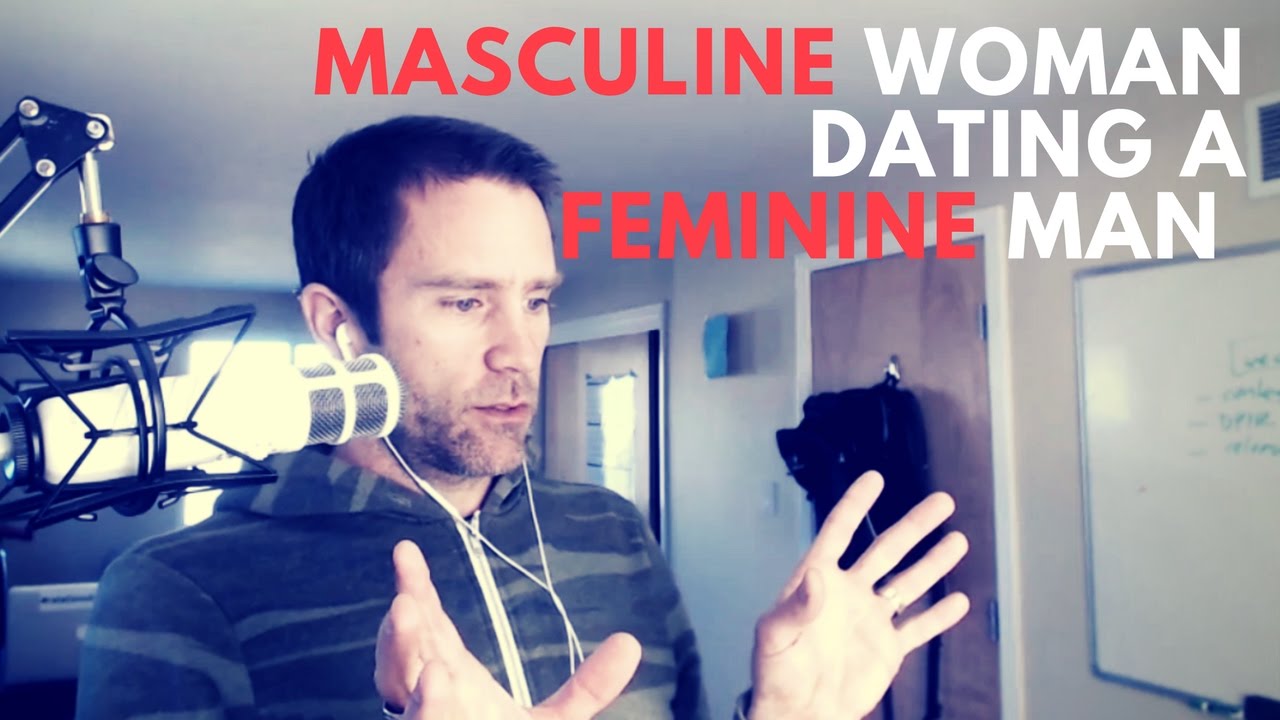Why It’s Okay to Be an Asshole Sometimes
I want you to know that it’s okay to be an asshole sometimes.
“But I’m a nice person!” you say. And that’s great…good for you. But there are still times you just can’t be nice, kind, caring, or pleasant.
No one is perfect, and that includes you. When people push us too far, it’s time for the part of us that we’d rather hide to come out.
All of us have an inner asshole and once in a while, it’s critical to have this part of us lead.
“Nice” and “Mean” Are Relative
Keep in mind that “being an asshole” covers a wide range and means different things to different people.
To someone who’s extra nice and accommodating, it may mean just saying “no, thank you” when someone wants you to do something. Or maybe it’s setting a fierce boundary with your child over their chores.
And guess what? You might disappoint someone—and that’s okay if you’re making that choice for your own well-being. (Besides, you’re not responsible for their well-being.)
Being an asshole might mean blocking someone on social media or setting a boundary with a family member who tends to overstep.
Regardless, there are times in your life when you can allow yourself to be an asshole. YES!
You Decide Who Gets the Front Row
Remember that not every person who comes into your life is going to have a front-row seat. That’s reserved for a special few. That is your inner circle.
Other people may try to push their way in when you don’t really want them to be that close. In fact, it’s a sure thing that someone besides those few will want that front-row seat at some point. It’s up to you to decide who you allow in there. In other words, you’re the bouncer.
If you feel uncomfortable with someone or you just don’t want to let them get too close, that’s okay. If they don’t listen, you might need to turn up the heat.
It’s your life—and you do not have to be nice all the time. In fact, it’s not possible to be.
It doesn’t matter how relationally skilled you are or how much you pride yourself on being a nice person. At times, you’re going to have to be an asshole on some level.
Here’s a quick video about letting yourself be an asshole sometimes:
Get in Touch with Your Inner Jerk
We all have one—that inner jerk who wants to say no, or block that person, or tell your needy and narcissistic ex to back off.
It’s okay to admit it. And if you’re going to allow yourself to be an asshole occasionally, you’re going to have to channel that inner jerk.
See, the thing is…no matter how nice, how accommodating, how friendly you are…someone at some point is going to think you’re a jerk anyway.
So why not allow yourself those moments of being judged as a jerk or an asshole?
You can’t change anyone else’s thoughts no matter how hard you try. Instead, allow yourself to be imperfect and to have the boundaries you need.
Boundaries Are Healthy
If you haven’t learned yet just how healthy boundaries can be, here’s your chance. Boundaries aren’t just healthy…they’re necessary for great relationships.
Think of the guardrails that prevent cars from going over the edge of a mountain or cliff. Those are there for our own good.
When you set boundaries with certain people and at certain times, your mental and physical well-being will improve. You’ll be better off, and you’ll also learn who your true friends and allies are.
Not only that, but you’ll be able to relax into your true self rather than pretending to be someone you aren’t. Because you know what?
Everyone can be an asshole at times. The question is, are you willing to “go there” in service of your deepest self?
To learn more about relationships and how to navigate them, check out this free class.
__________________________________________________________
Photo Credit: Pixabay from Pexels

















